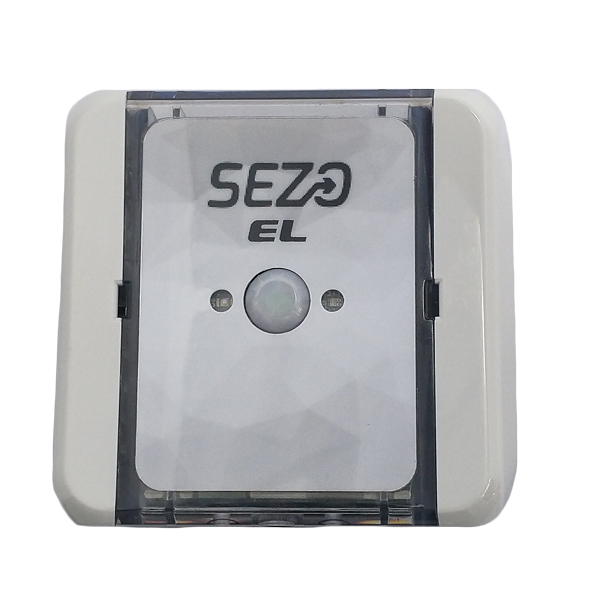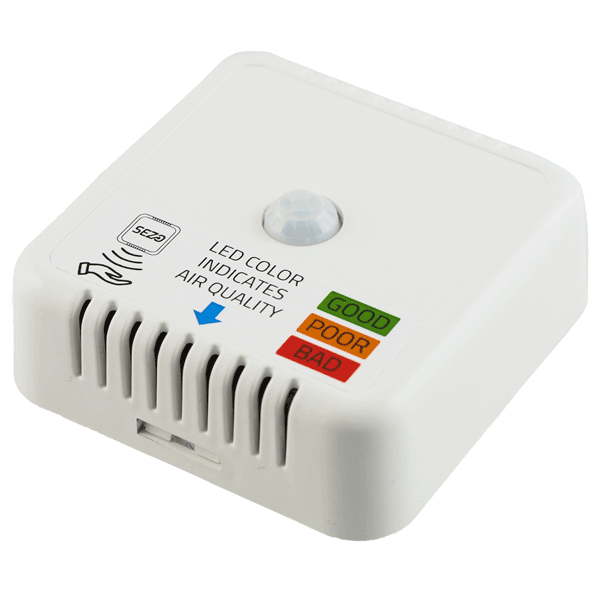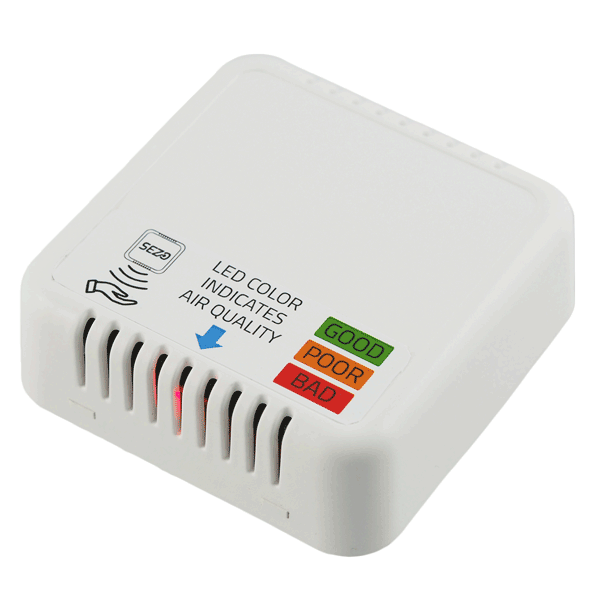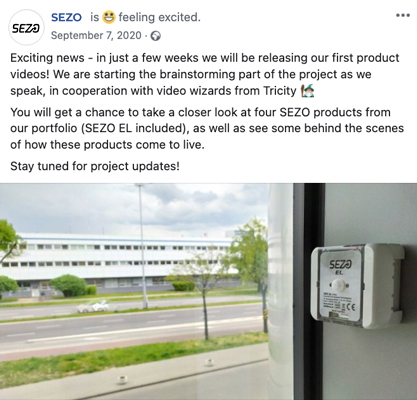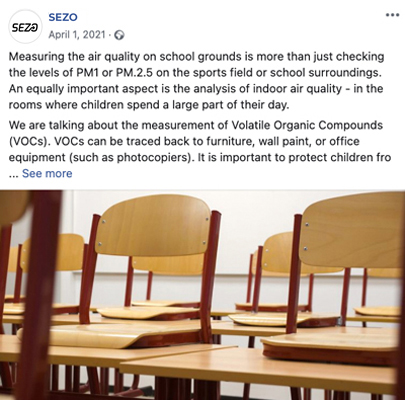indoor air quality

What is indoor air quality?
Indoor air quality refers to the quality of air within buildings. The term is often used in relation to the health and comfort of building occupants. Understanding and controlling indoor air quality can help us reduce the risk of indoor health concerns. Indoor air pollution carries significant risk for humans, especially children. What many people are not aware of is that Indoor air pollutant concentration can be 2-100 times higher than on the outside. There can be a variety of reasons for that. Confined or poorly ventilated space, fuels used for cooking and heating, VOCs (volatile organic compounds) from rugs, paint or other household items, are just a few reasons why the concentration can be so high and as a result detrimental to health. When you are not an expert in the matter, you might raise a few questions regarding indoor air quality: What are the major indoor air pollutants? When you are an employer: What are the effects of indoor air pollution on my staff? When you are a parent: What are the effects of indoor air pollution on my children? Also, more solution oriented: What affects indoor air quality and how can I measure it?
Why is indoor air quality so IMPORTANT?
Indoor air quality matters. In developed societies, people spend up to 90% of their time indoors (offices, fitness studios, shopping malls, restaurants etc.). Often people spend 75% of their time indoors at home. Since the Covid19 pandemic started EOY 2019 and rolled out in Q1 2020, we see this trend has been even intensified. Working from home has become “the new normal” for many knowledge workers . The symptoms of poor indoor air quality can be fatigue, headache, watery eyes, sneezing, coughing, allergic reactions and dizziness. Different pollutants can appear on different layers in the (indoor) air. The health problems caused by indoor air pollution (like bacteria, fungi, viruses, dust) can be manyfold: allergies, respiratory infections, asthma etc.
Even though the health impact can be severe, the good news is that it can be avoided. At SEZO we have developed IoT products on LoRaWan and LTE-M technology that help measure many indoor air quality parameters like VOCs, temperature, humidity, atmospheric pressure, and light intensity.
Only by measuring the indoor air quality can we analyze and eventually improve the issue at hand. Greater awareness and the understanding of the risks can help in reducing the impact of indoor air pollution.
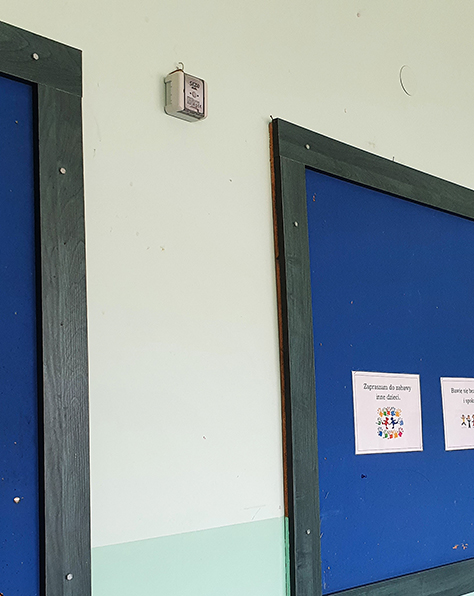
What indoor air quality related parameters do we measure?
Our company is a hardware company. We are a bunch of engineers. We do what engineers do: we build stuff. This is our core competency – hardware engineering. We are capable of adding and removing features of our products, based on the use case and needs of our clients. We have an ELAB (Lab Space for EMC Testing) located at our company premises in Gdynia and we can run hardware quality assurance tests, including EMC testing. EMC testing (and EMC certification) is a critical step in bringing a new product to market. One of the purposes is to ensure that electromagnetic emissions from the device are below the relevant limits defined for the respective type of device. It must be ensured that the electronic device does not interfere with other devices. Our IoT products designed for indoor air quality purposes measure parameters like VOCs (Volatile organic compounds), temperature, atmospheric pressure, light intensity and noise level.
What features do SEZO IoT products offer?
SEZO indoor air quality products – namely SEZO EM and SEZO EL – have some noteworthy features. Both products are battery powered, meaning you can set them up even in difficult to reach spots where access to sockets is not given. This way, there is no need to install an extra wall socket in the chosen spot. Cool fact: The batteries allow up to 5 years of continuous operation. The EM version has a built-in accelerometer and PIR sensors that can detect human presence within a range of up to 15 meters from the device. The data is sent at the moment of an event (e.g. motion detection) or at user-defined intervals. The device is configured using OTA (over the air) method, i.e. wirelessly. Also, the device uses LTE-M technology and has a nanoSIM slot.
The concentrations of PM are primarily responsible for air quality.
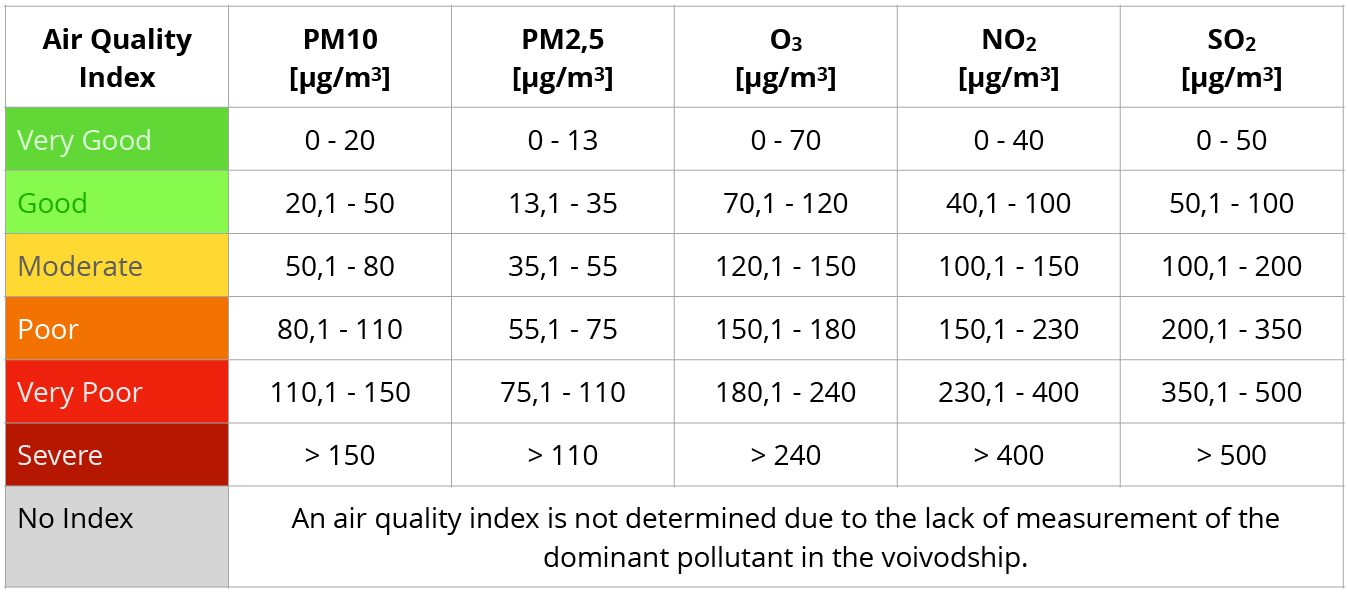
Measuring indoor air quality with SEZO IoT products
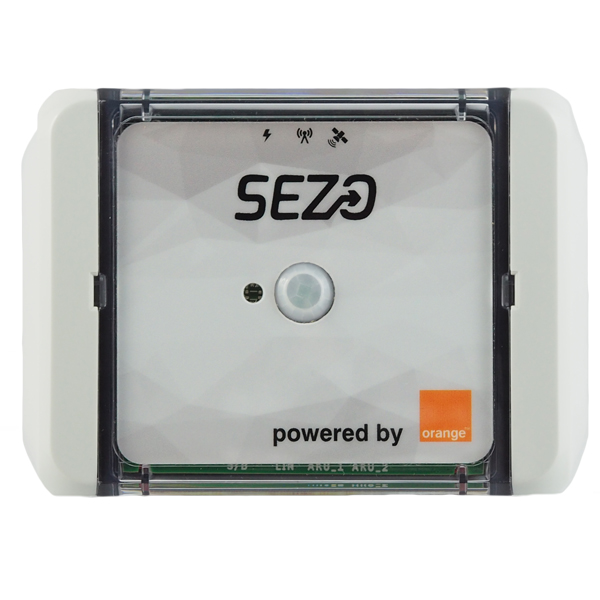
SEZO EM
indoor air quality monitoring system,
LTE-M-based device

School yards &
outside parking lots
One plausible use case for our SEZO IoT products made for measuring indoor air pollution are schools and public institutions, like libraries and museums. Measuring indoor air quality can make schools a safer place for both children and staff. School management can measure air pollution in order to ensure good air quality both inside and outside of school premises. By measuring VOCs, school decision makers can make an informed decision when certain critical thresholds are surpassed. Paints or plastic toy parts can release volatile chemicals when exposed to heat. These can cause breathing problems, nausea, and eye irritation – which is why it is important to regularly check the effectiveness of ventilation in school rooms.

INDUSTRIAL
PRODUCTION SITES
Another use case for SEZO indoor air quality solutions is found in industrial manufacturing sites. Just like open-plan offices, production halls also need to ensure indoor air quality, for the sake of health and productivity of its occupants. Our comprehensive IoT products can measure many parameters related to indoor air quality: VOC concentration, temperature, humidity, atmospheric pressure, luminosity, noise level and motion (PIR). We already mentioned above that many people are not aware that indoor air pollutant concentration can be 2-100 times higher than on the outside.
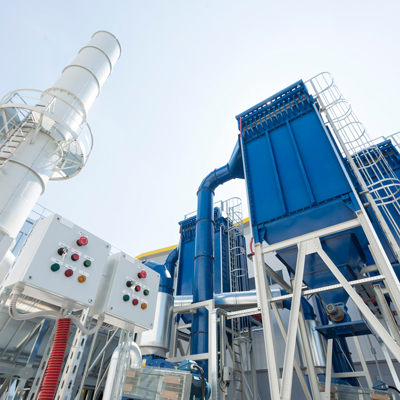
FACILITY MANAGEMENT &
Oversight
Our IoT products can complement facility management and oversight of refineries and chemical production plants by adding an additional layer of security. Facility managers can leverage our products to detect the presence of people. Our IoT devices have an integrated PIR (infrared) sensor, so they can detect the presence of people (just like light detectors). This can be used as an alarm function, individually configured by the user. PIR sensors are commonly used in security alarms and automatic lighting applications. The device has an alarm threshold configuration for all measured parameters.
Book now a free consultation
call
